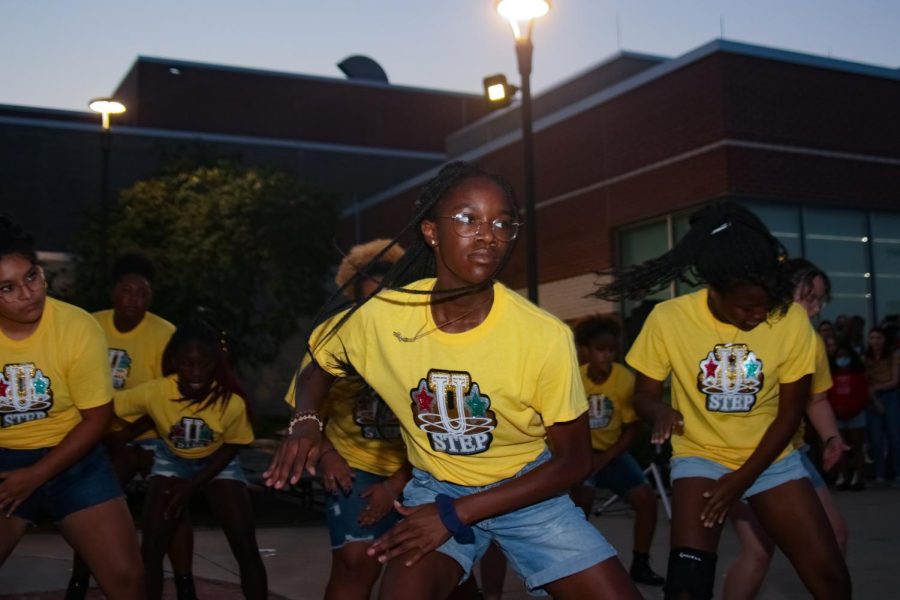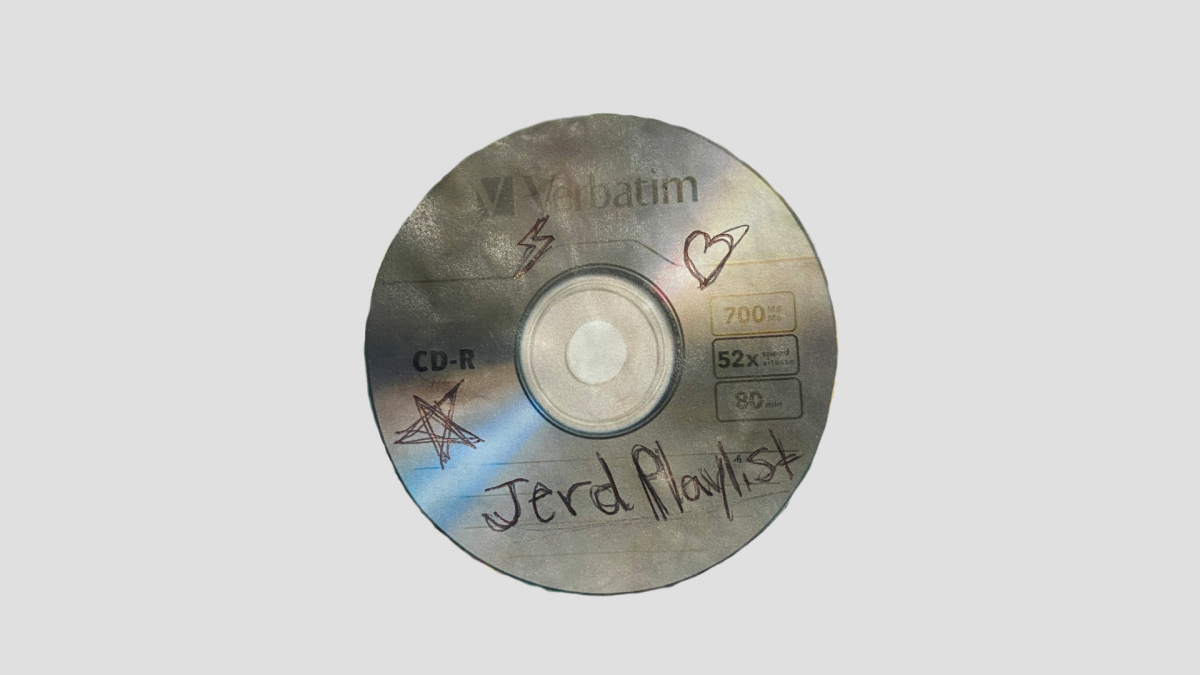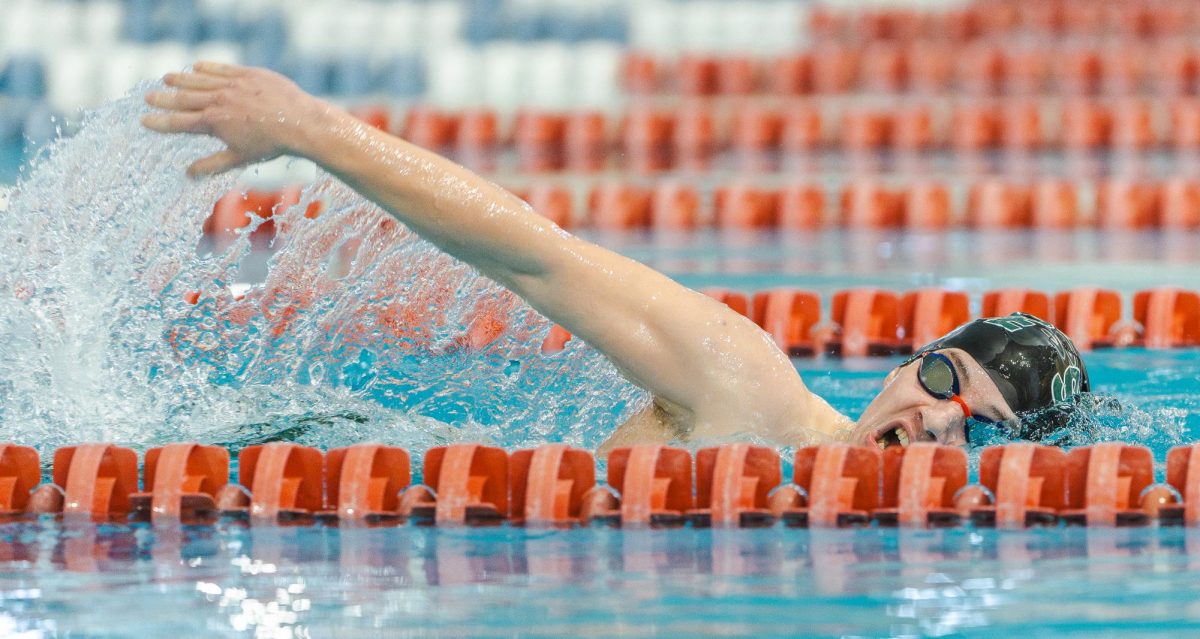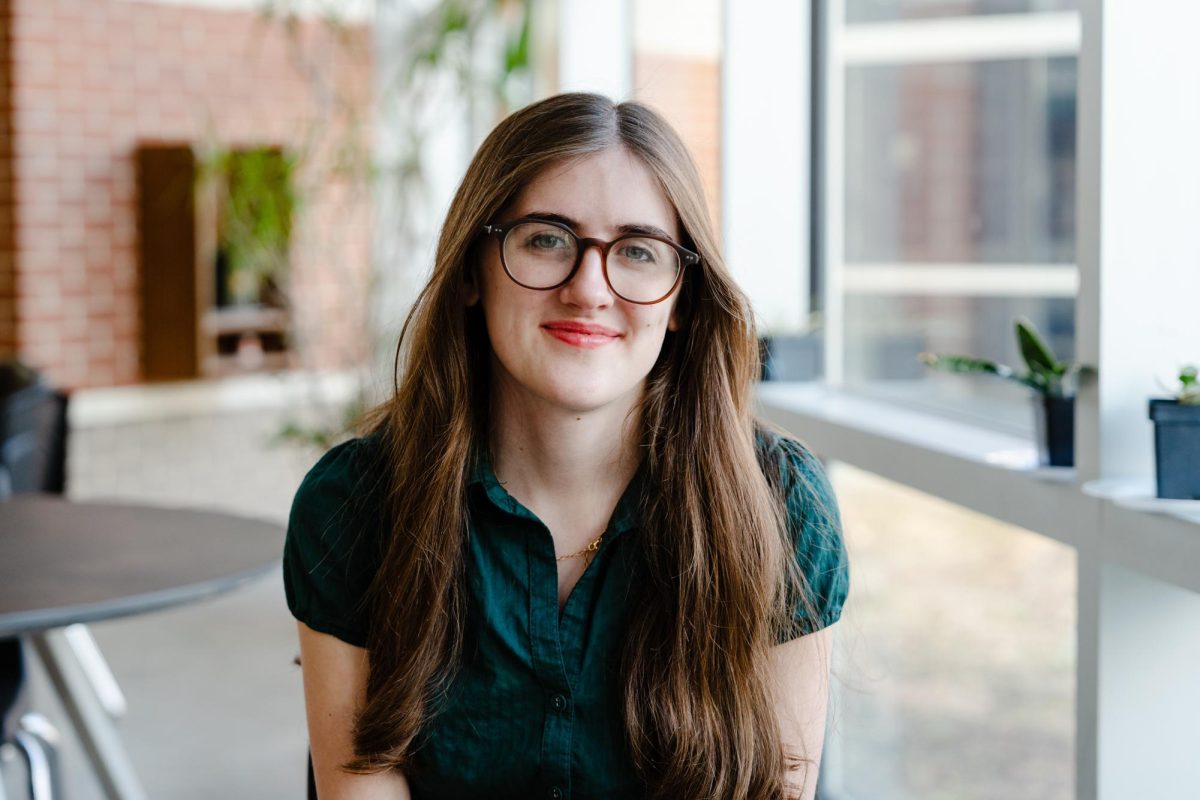FEATURE: Performative Activism and It’s Effects
Unity Step team coach, district-wide Black Student Union sponsor and Lawrence High track and field coach Audrey Trowbridge discusses her personal thoughts and experiences on performative activism during Black History Month
Members of the Unity Step Team perform at the 2021 Firefest hosted by Student Council. Photo archived from Addison Driscoll.
February 22, 2023
Q: How do you see performative activism negatively affect Black History Month?
A: “It is important to not only acknowledge the accomplishments and impacts of cultures during specific times of the year. I value that we set aside time to do so, but if the only time that’s happening is during a specific predetermined time of the year, that reads to me as performative.”
Q: How does performative activism negatively affect Unity Step Team?
A: “We have been active since 2017 and we are one of the groups that doesn’t have a ‘season.’ We are active and available to participate in school and community events year round, but I notice my email only buzzes during January and February, or at Juneteenth celebrations, when people want to celebrate Martin Luther King Jr. Day and Black History Month. When we try to perform at other events throughout the year, we are often told no or we are not considered. The times when we are considered, it feels like it is for the purpose of diversifying a program, and we are often given specific parameters for what we can do that diminish what it is we do. We have been given time limits, told we can’t dance, asked to volunteer to help but then not allowed to perform, asked to table at an event but told we couldn’t participate, asked to perform and not been compensated for it as other groups/performers have been, asked to perform and then not provided accommodations for. It has felt often times that we are used as the token for things, but we are not supported or allowed to exhibit the fullness of what we do when we are asked. Very seen and not heard type of thing, which feels performative, or like a diversity box being checked.”
Q: How/in what ways do you see performative activism affect the Free State and Lawrence community at large?
A: “Sometimes we [as a community] risk having a fake sense of progress when we only look at efforts to increase the visibility of inclusion. It’s important to ask those who are being included if they feel like it’s inclusive, or if they have been asked to change or police themselves in order to be included. If you have to modify who you are or what you do to some mainstream idea of acceptable to be included, then it seems to me to be more performative than actual activism.”
Q: How does Unity Step Team respond to requests to perform more in February?
A: “In the beginning there was definitely more acceptance on our part of these performances because it was the time people were open to allowing us to perform. In a lot of ways it was the door we had to walk through in order for other opportunities to become available. The team is really good and I think at first, step was something new that people didn’t quite understand, so now that they have some exposure to it, we come to mind during times set aside to celebrate people of color. But we would love to perform all the time, and wonder why we are not being asked any other time of year when we are available all year long. This year I declined some opportunities because every request was based off of BHM, during the school day and I didn’t want to take kids out of school that often. I have a plan in the future to offer a ‘tour day,’ where we go to multiple schools in one day so that our kids can represent themselves during this time of year, but don’t have to miss school to do it. Saying yes to a bunch of different requests in February during the school day means they risk getting behind in school, and cost doesn’t outweigh the reward anymore now that we have established the group as a talent worthy of watching.”








